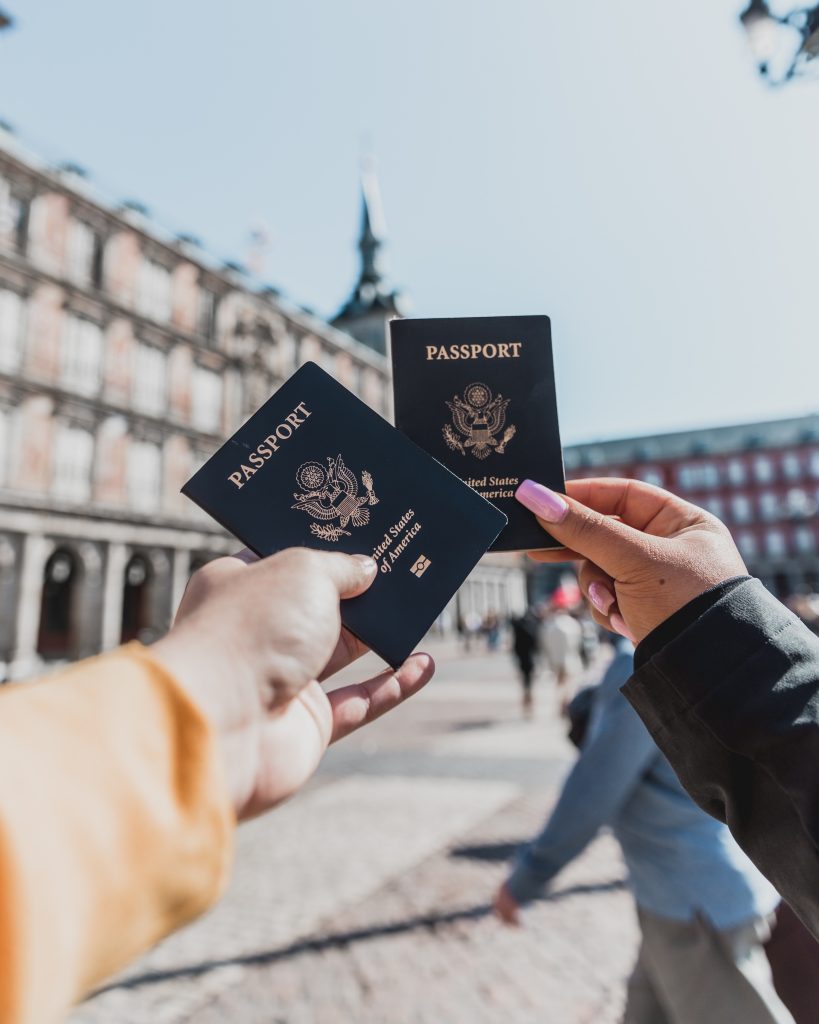
These are the most powerful passports in the world
Japan has been knocked off the top spot on the Henley Passport Index for the first time in five years and bumped into third place, according to the latest ranking, which is based on exclusive data from the International Air Transport Association (IATA).
Singapore is now officially the most powerful passport in the world, with its citizens able to visit 192 travel destinations out of 227 around the world visa-free.
Germany, Italy, and Spain all move up into second place with visa-free access to 190 destinations, and Japanese passport holders join six other nations – Austria, Finland, France, Luxembourg, South Korea, and Sweden – in third place with access to 189 destinations without a prior visa.
Trading places
The UK appears to have finally turned the corner after a six-year decline, jumping up two places on the latest ranking to fourth place – a position it last held in 2017. The U.S., on the other hand, continues its now decade-long slide down the index, plummeting a further two places to eighth spot with access to just 184 destinations visa-free.
Both the U.K. and the U.S. jointly held first place on the index nearly 10 years ago in 2014 but have been on a downward trajectory ever since.
Afghanistan remains entrenched at the bottom of the index, with a visa-free score of just 27.
New research
Henley & Partners has conducted exclusive new research into the relationship between a country’s openness to foreigners – how many nations it allows to cross its borders visa-free – and its own citizens’ travel freedom.
The new Henley Openness Index ranks all 199 countries worldwide according to the number of nationalities they permit entry to without a prior visa.
The Top 20 ‘most open’ countries are all small island nations or African states, except for Cambodia. There are 12 countries that are completely open to all passports and four that don’t allow anyone in visa-free.
While the correlation between a high openness score and a high visa-free access score is not linear or straightforward, it is notable that Singapore and South Korea – highest climbers in the Top 10 over the past decade – boast relatively high degrees of openness compared to the 5 countries with the biggest disparity between the travel freedom they enjoy versus the visa-free access they provide to other nationalities.
U.S., Canada, Australia, New Zealand and Japan have all either slid down the ranking or remained in the same place as their openness stagnates.

